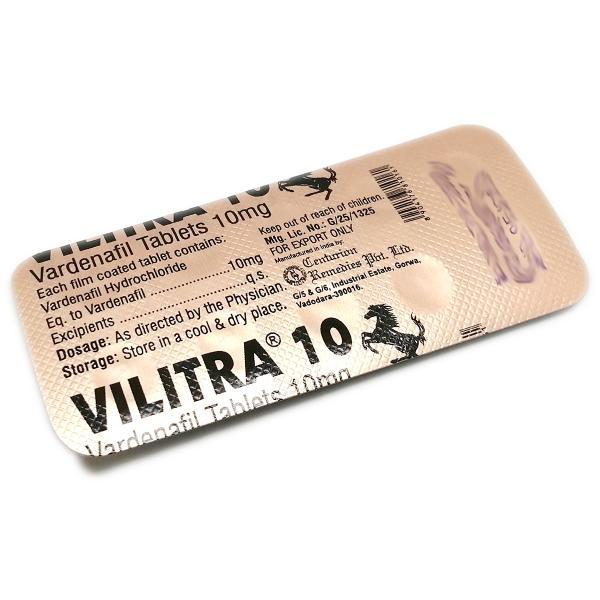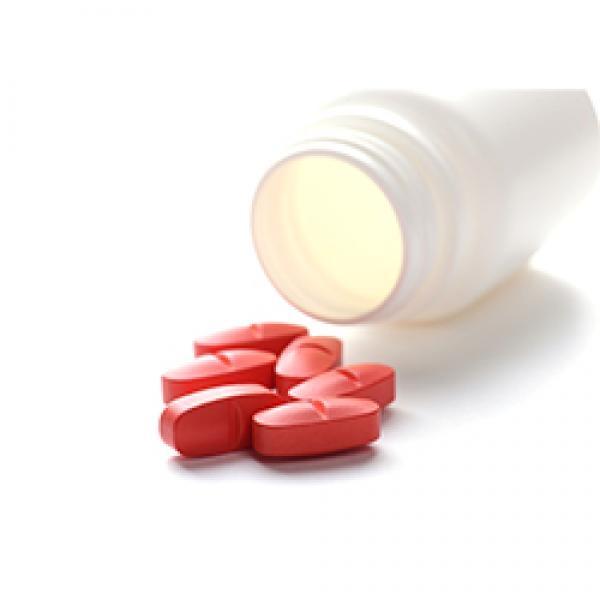farmakeioorama.gr
The Importance of Eliquis in Modern Medicine

The Importance of Eliquis in Modern Medicine
Eliquis, also known by its generic name apixaban, is an anticoagulant medication that plays a crucial role in the management of various cardiovascular conditions. It is primarily used to reduce the risk of stroke and blood clots in patients with non-valvular atrial fibrillation, a common heart rhythm disorder. Additionally, Eliquis is prescribed for the treatment of deep vein thrombosis (DVT) and pulmonary embolism (PE). This effective medication allows many patients to lead a more active and healthier life. Moreover, it’s essential to be aware of the Eliquis eliquis 5 mg παρενεργειες that may occur while using this drug, ensuring informed decision-making regarding your treatment options.
Understanding the Mechanism of Action
Eliquis is classified as a direct oral anticoagulant (DOAC). It works by inhibiting Factor Xa, an essential protein in the blood coagulation process. By doing so, Eliquis decreases the ability of the blood to form clots. This mechanism is beneficial because blood clots can lead to severe complications, including stroke and heart attacks, particularly in patients with abnormal heart rhythms and those undergoing surgery.
Indications for Use
Healthcare professionals often prescribe Eliquis for several medical conditions, including:
- Non-valvular atrial fibrillation: Patients with this condition have an increased risk of stroke due to the irregular heartbeat that can lead to the formation of blood clots.
- Treatment of DVT and PE: Eliquis is used to treat these serious conditions by preventing further clot formation and reducing the risk of complications.
- Prophylaxis after hip or knee replacement surgery: Patients who undergo these surgeries are at a heightened risk for developing blood clots, making the use of Eliquis a preventive measure.
Benefits of Eliquis

Eliquis offers multiple advantages, making it a preferred choice for both patients and healthcare providers:
- Convenience: Eliquis is taken orally, which is often more convenient than other anticoagulants that require injections.
- Rapid action: The medication starts working quickly, providing prompt anticoagulation.
- Lower risk of certain bleeding complications: Compared to traditional blood thinners like warfarin, Eliquis has been associated with a lower risk of intracranial hemorrhage.
- No routine monitoring required: Unlike warfarin, patients do not need regular blood tests to monitor INR levels while on Eliquis.
Dosage and Administration
The dosing of Eliquis can vary depending on the medical condition being treated. It’s crucial for healthcare providers to adjust the dosage based on several factors, including renal function, age, and the presence of other medical conditions. The typical dosages for various indications include:
- For atrial fibrillation: 5 mg twice daily.
- For DVT/PE treatment: 10 mg twice daily for the first week, followed by 5 mg twice daily.
- For prevention after surgery: 2.5 mg twice daily starting 12-24 hours after surgery.
Patients should follow their healthcare provider’s instructions carefully regarding dosing to maximize the medication’s benefits while minimizing potential risks.
Potential Side Effects
Like any medication, Eliquis comes with potential side effects. While many patients tolerate the drug well, it is essential to recognize and understand the risks involved. Common side effects include:

- Bleeding complications: This is the most significant risk associated with anticoagulants. Patients should be aware of unusual bruising, blood in urine or stool, and prolonged bleeding from cuts.
- Nausea: Some patients may experience gastrointestinal discomfort.
- Fatigue: A small number of patients report feeling unusually tired while under treatment.
If any side effects become severe or concerning, patients should seek immediate medical attention. Regular follow-ups with healthcare providers are also recommended to monitor the patient’s overall response to the medication.
Drug Interactions
Eliquis can interact with various medications, leading to an increased risk of bleeding or decreased effectiveness of the drug. Some notable interactions include:
- Other anticoagulants: Using Eliquis with other blood thinners can increase bleeding risk.
- Certain antiplatelet drugs: Medications like aspirin or clopidogrel can enhance the effects of Eliquis.
- Some antifungal and antiviral medications: Drugs like ketoconazole may increase apixaban levels, thus heightening the risk of bleeding.
Patients must inform their healthcare provider about all medications, including over-the-counter drugs and supplements, to manage these interactions effectively.
Conclusion
Eliquis stands out as an essential medication in the world of anticoagulation therapy. By effectively reducing the risk of life-threatening complications such as strokes and blood clots, it has transformed the management of patients at risk. While understanding the potential side effects and drug interactions is vital, the benefits often outweigh the risks for appropriate candidates. Through ongoing research and advancements in treatment protocols, Eliquis remains a cornerstone in the realm of cardiovascular healthcare, ensuring that patients can live without the looming fear of blood-related health issues. Always consult healthcare professionals for personal medical advice and undergo regular check-ups to enjoy the full benefits of this crucial medication.

